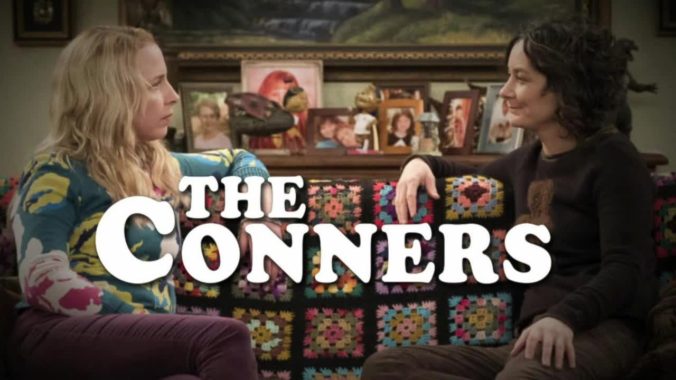In my 6+ years as a blogger, I’ve never written about one of the more compelling and interesting sources of leftist media: Revolutionary Left Radio (RevLeft Radio). This holds despite the fact that I’m a regular RevLeft listener. And in listening to a recent episode on the political theory of ‘Liberal Socialism,’ I found a chance to rectify my oversight.
RevLeft Radio is hosted by Brecht O’Shea. Politically, Brecht is a bit hard to pin down. But he appears to clock in roughly in the realm of Marxist-Leninist thought. I certainly don’t consider myself a fan of M-L, in general. And I clarify in my FAQ series why I rarely write about the sectarian left.
But Brecht often serves as a happy exception to these problems. On RevLeft radio, he interviews people with a wide range of leftist views. And he excels at drawing out the useful points even the ones he finds wrong. Even when I disagree with Brecht – which happens fairly often! – I find him insightful. I learn from him.
Anyway, readers should check out RevLeft Radio, especially Brecht’s interview with Matt McManus on a view McManus terms ‘liberal socialism.’ A dialogue between a Marxist-Leninist and someone with something similar to Bhaskar Sunkara’s approach to socialism is a thing we should encourage on the left.
We can learn from one another.
For my part, I found myself taking a middle ground between Brecht and McManus. Brecht helpfully points to the key failures of a social democratic route to socialism – its lack of success in the past, its susceptibility to capitalist assault, etc. And McManus serves as a check on the Marxist-Leninist tendency to offer apologia for authoritarian regimes.
Anyway, it’s a great RevLeft episode! And it’s a fine place for listeners to begin.



